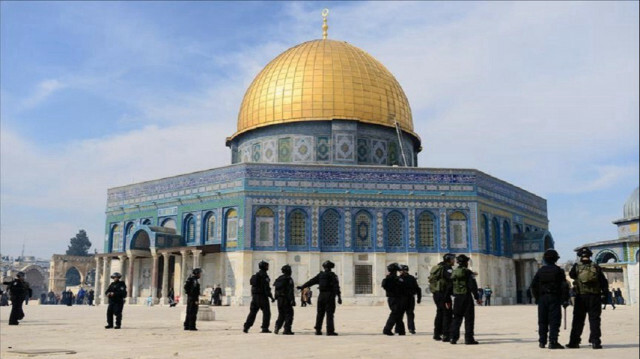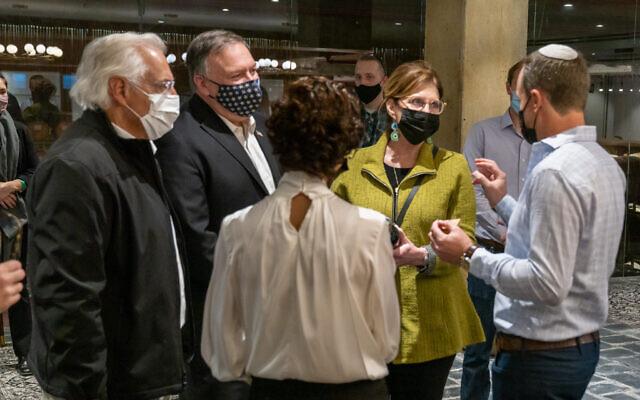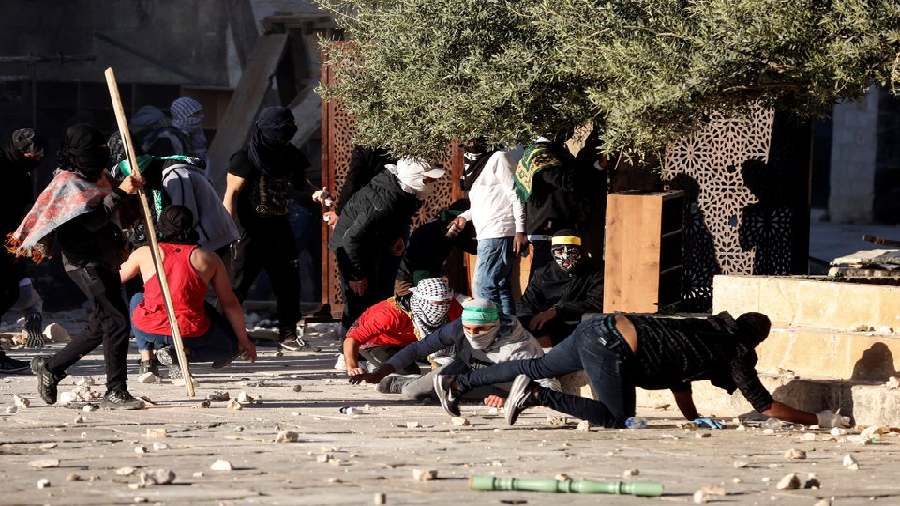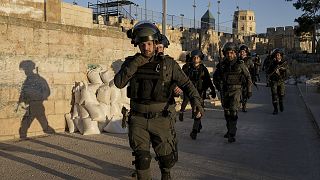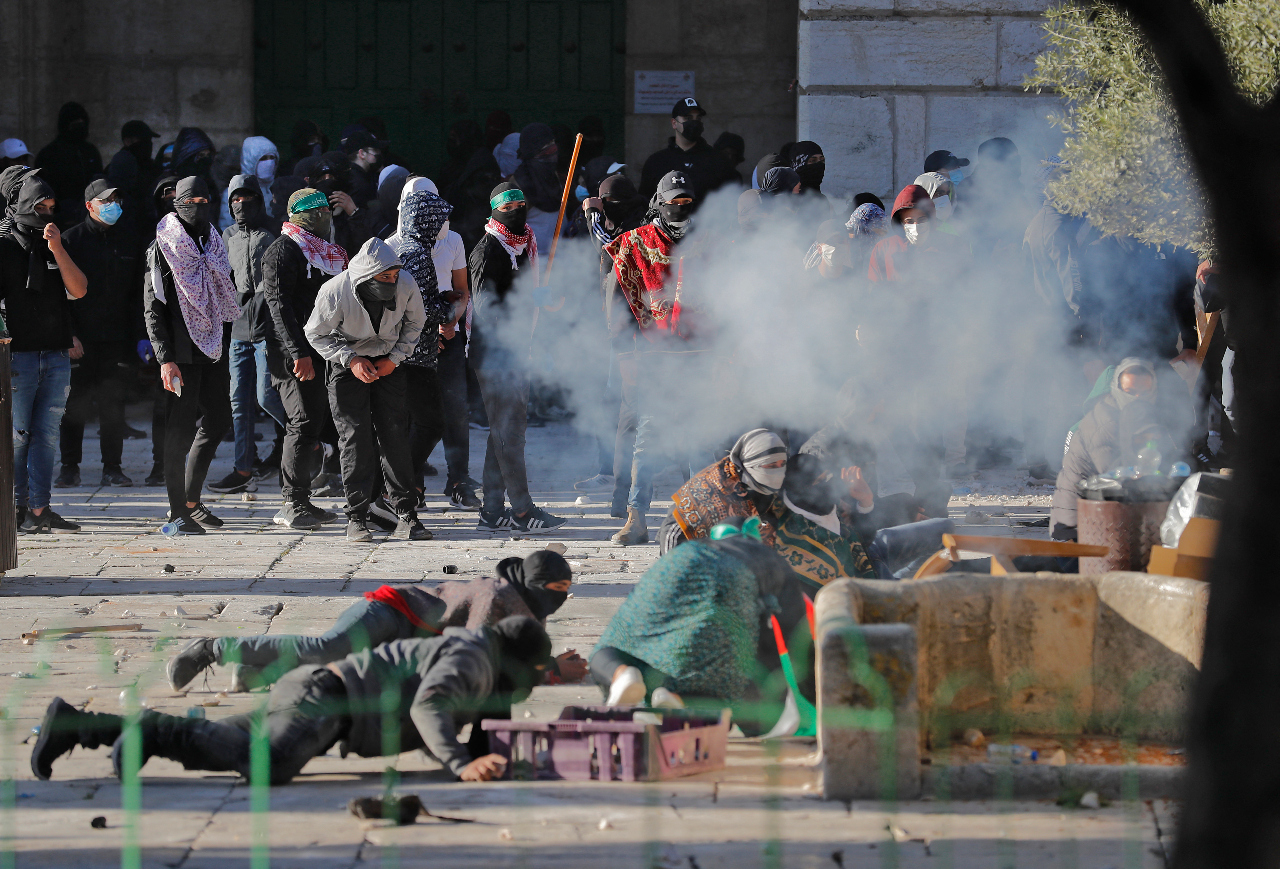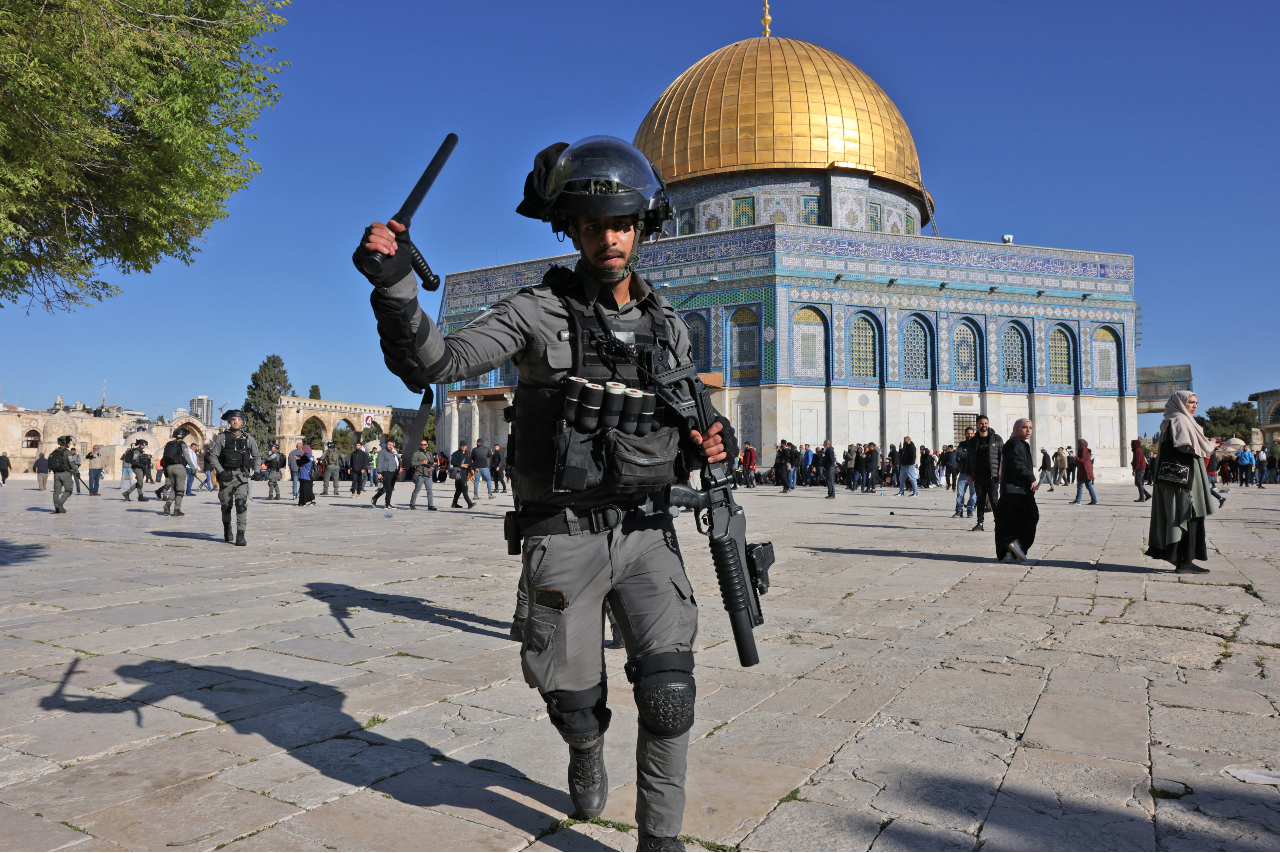Among the Cannibal Christians, by Earl Lee.
Did the early christians take the command, "Eat of my body," just a bit too literally? And just what did the "Body and Blood of Christ" really consist of? For evidence that the attitude of the early christians toward mind-altering substances was a wee bit more liberal than that of their brethren today, check this out.
Christian Cannibalism
(Communion, Eucharist)“Jesus said, ‘Blessed is the lion which becomes man when consumed by man; and cursed is the man whom the lion consumes, and the lion becomes man.’” (The Gospel of Thomas)
Christianity is the literal and symbolic consumption of the man god, the human sacrifice meant to atone for humanities original sin. Thus it was to be the final sacrifice to end religions based on sacrifice. Or it was supposed to be. However since then the sacrifice continues to be celebrated with ritual consumption of the god, and the sacrifices continue to be made in the gods name.
As repulsive as the notion may seem, it is a fact that "theophagy"--the technical term for the consumption of a god's body and blood--has been considered a religious experience worldwide for thousands of years. While certain cults/religions may think that they invented the concept of the Eucharist, and that the Eucharist has nothing whatsoever to do with cannibalism, the ritual of sacrificing a god or goddess and sharing his or her blood and body as a sacrament is an act found throughout the ancient world. The only thing so-called modern religion has done is to maintain the form of the Eucharist in a symbolic rather than literal sense, and for that perhaps we should be grateful.
The success of Christianity as a religion in ending cannibalism and human sacrifice is because it incorporates them as symbolic instead of actual practices in their rites.
An early example is J. A. MacCulloch in the year 1932. He discusses all possible theories
why cannibalism decreased in many places. In this context MacCulloch mentions the
“presence of a higher developed civilisation and especially a higher developed religion”.
He hints at the fact that Islam made an end to cannibalism in North- and East Africa and
only at the end, so to say, casually concludes: “Christianity together with other European
civilising influences has put an end to it (to cannibalism), that is in many parts of South
America, New Zealand, on many islands of the South Pacific, the former center of
cannibalism and in many parts of the African continent”.Apparently the value principle takes precedence over the exchange principle. (The cannibal may kill his enemy because he sees him as food.) It is important for the Christian, however, to note that the basis for definition of value can differ. The Christian "cannibal" loves his enemy because he sees him as a human soul. Such a perception is difficult to make, however, unless there is a more abundant food supply.
Lestringant's point about cannibals, in the plural, is that anthropophagy (the practice of eating human flesh) does not equal cannibalism. He objects both to the reduction of the cannibal to the anthropophagite, and to the association of all anthropophagous rituals (not the least of which is the Christian Eucharist) with cannibalism. Cannibals demonstrates that, from the sixteenth through the eighteenth centuries, the identities of cannibals and the meanings of cannibalism were multitudinous and uncertain, and the figure of the cannibal was employed by European authors toward various rhetorical and didactic ends. By the nineteenth century, however, the identity and qualities of the cannibal had been reduced to a wholly non-European savage, who possessed "natural" appetites for human flesh and engaged in "primitive" cannibalistic rites. Montaigne's noble Brazilian cannibals, whose loquacity had dazzled the king's court in 1562, were replaced by hairy and lubricious African savages, whose nineteenth-century performances in two-bit colonial sideshow filled the likes of French novelist Gustave Flaubert with dread and disgust.
The term "cannibal," Lestringant reminds us, was invented by Christopher Columbus upon his 1492 arrival in Cuba. The word was a corruption of "Caribs," the enemies of the peace-loving Arawaks who welcomed the Italian captain. In the coining of canibal, Columbus created a portmanteau word by joining canis (the dog-headed cynocephalous of Pliny) with bal (belonging to "the lordship of the Great Khan"). On his second voyage, Columbus discovered the remains of cooked human flesh in a recently abandoned Carib village on Guadeloupe. Thus, Columbus's canibals came into being, an impossible combination of dog-headed and human flesh-eating descendants of the Great Khan. Although the canine and Asiatic genealogy was soon put behind, the "monstrous table manners" (p. 17) of the cannibal swiftly and tenaciously captured the imagination of Europeans.
Although colonial records are replete with references to "cannibals," consider the historical context. A 1503 decree from Queen Isabella of Spain, during the heyday of Spanish colonial conquest, allowed the enslavement of cannibals.
The edict, Whitehead says, "created quite a strong interest in 'discovering' cannibals in the New World. Then you wouldn't even have to observe the minimum notion of human rights they would get as human beings and as God's subjects. It demonized the native population, and legally produced an economic benefit."
So during the first 100 years of colonization of the vast Spanish New-World dominion, you could make good money by branding someone a cannibal. Indians were plantation slaves until about 1600, when legions of African slaves arrived. (Over the past quarter-century, some anthropologists have used this history to question the very existence of cannibalism. In their view -- see "The Man-eating Myth..." in the bibliography -- all evidence for cannibalism is so sketchy or biased as to be incredible.)
The accusation of blood libel begins with Christianity. It was first applied against the early Christians by the Romans. The Christians in Europe would later use this same accusation against Jews. Despite human sacrifice being a sin in the Old Testament; the Hebrew Bible strictly prohibits human sacrifices (e.g., Lev 18:21, 24-25; Deut 18:10; Jer 7:31, 19:5; Ezek 23:37,39).
In the early centuries of Christianity, the church existed under the Roman Empire, which granted its subjects freedom in some issues, but demanded conformity to its own ideals in others. Romans commonly thought Christians strayed from certain core morals of the state, summarized by three widespread stereotypes — that Christians practiced atheism, cannibalism, and incest.
As for cannibalism, Romans were appalled to hear that Christians ate the body and drank the blood of their Lord. The "rumors grew to absurd proportions," historical theologian D. Jeffrey Bingham writes. "Christians were even accused of eating infants."
The charges of incest and cannibalism arose from the fact that only the baptized were permitted to attend the Eucharist. What, therefore, was done in secret by such people was quite likely, in the pagan's mind, to be immoral. Moreover, the fragmentary knowledge which the pagan gained by hearsay about the meaning of the Lord's Supper—eating and drinking the body and blood of Christ—quickly led to the suspicion of cannibalism; while the Christian emphasis on love and brotherhood was easily distorted into a cloak for incest.
The Blood Libel is still with us today applied to other religions in competition with Christianity.Ancient History Sourcebook: The Ritual Cannabilism Charge Against Christians
Now the story about the initiation of young novices is as much to be detested as it is well known. An infant covered over with meal, that it may deceive the unwary, is placed before him who is to be stained with their rites: this infant is slain by the young pupil, who has been urged on as if to harmless blows on the surface of the meal, with dark and secret wounds. Thirstily - O horror! they lick up its blood; eagerly they divide its limbs. By this victim they are pledged together; with this consciousness of wickedness they are covenanted to mutual silence.
From Minucius Felix, Octavius, R. E. Wallis, trans. in The Ante-Nicene Fathers
(Buffalo, N. Y.: The Christian Literature Publishing Co., 1887), Vol. 4, pp. 177-178.
A strange relationship has developed between Christianity and cannibalism over the centuries. Christianity is a faith that believes in one god, believes in forgiveness and being kind to one’s neighbour. However there is firm evidence that believers in this one faith became at times a believer of eating one’s enemies. For example Syrian crusaders 1000 years ago reverted to cannibalism due to their Christian beliefs.
A report found that was written by a Christian leader Rudolph Caen about the village of Maarra stated:"Our troops boiled pagan adults in cooking pots; they impaled children on spits and devoured them grilled."
Increasingly since 1970 fundamentalist Protestant sects, almost exclusively from the United States, have taken up the strong battle against Voodoo, accusing it of devil worship, suggesting cannibalism and demanding of converts a complete separation from their Voodoo connection.
Easter then is the celebration not only of death and resurrection but of consumption of the flesh and blood of the sacrificed god as a Passover feast. The ancient pagan tradition of eating corn or other forms of bread as the body of God is present in the Passover feast and later in the Easter feast of the Body and Blood of Jesus.
The Bible is the source for all things Christian.
Notice Acts 12:1. King Herod began to persecute the Church, culminating in the brutal death of the apostle James by sword. This pleased the Jews so much that the apostle Peter was also taken prisoner by Herod. The plan was to later deliver him to the Jews. Verse 3 says, “Then were the days of unleavened bread.” The New Testament Church was observing these feast days described in Leviticus 23. Now read verse 4: “And when he [Herod] had apprehended him, he put him in prison, and delivered him to four quaternions [sixteen] of soldiers to keep him; intending after Easter to bring him forth to the people.”
Is this Bible authority for Easter?
This passage is not talking about Easter. How do we know? The word translated Easter is the Greek word pascha (derived from the Hebrew word pesach; there is no original Greek word for Passover), and it has only one meaning. It always means Passover—it can never mean Easter! For this reason, we find a Hebrew word used in the Greek New Testament. Once again, this Hebrew word can only refer to Passover. And other translations, including the Revised Standard Version, correctly render this word Passover.
Instead of endorsing Easter, this verse really proves that the Church was still observing the supposedly Jewish Passover ten years after the death of Christ!
What About the New Testament?
If the Passover was instituted forever, then New Testament instruction for its observance should be clear. This instruction is found in I Corinthians 5:7-8: “Purge out therefore the old leaven, that you may be a new lump, as you are unleavened. For even Christ our Passover is sacrificed for us: Therefore let us keep the feast (of unleavened bread, which always followed Passover, as explained above)…”
Christ, as the Lamb of God (John 1:29; Acts 8:32; I Peter 1:19; Rev. 5:6), replaced the Old Testament lamb eaten on Passover evening each year. The New Testament symbols of the bread and wine were instituted so that Christians could eat the body and drink the blood of Christ, the true Lamb of God. Jesus’ sacrifice replaced the need to kill a spring lamb. Luke 22:19 shows that Jesus substituted the bread and wine to be taken annually in commemoration of His sacrifice for the remission of our sins—both spiritual and physical.
Christian Cannibals
Even if you still stubbornly cling to the belief that the Eucharist represents only a symbol of eating flesh and drinking blood, that still makes you a cannibal, if only a symbolic cannibal. If you partake in communion as a metaphorical representation of eating Christ's body, then that still makes you a metaphorical cannibal. You simply have no easy out of this predicament as a symbolic cannibal sits as a subset of cannibalism.Communion: Ritualized Cannibalism
From such a beginning, thousands and thousands of years ago, there developed and evolved basic ritualistic behavioral patterns, and mythological motifs, or themes, that have spread by a process of diffusion from, at least, the Neanderthal period through Cro-Magnon caves, and into the Christian churches and cathedrals of 20th-century America.
One of the more obvious of these is the "sacred meal" or ritualistic cannibalism. We still practice this ritual today in the Protestant and Roman Catholic communion, where we eat the body and drink the blood of the divine leader.
The Christian church calls it "communion," or "taking communion." The communicant eats and drinks, symbolically or literally, the flesh and blood of the divine "leader." The traditional invitation to Communion, spoken by the presiding clergy, is this: "Take, eat, this is my body . . . this cup is the new covenant is my blood . . . drink."
Eating a body and drinking blood is a cannibalistic theme, no matter how hard the clergy try to water it down, or theo-babble around it by calling it "only symbolic" cannibalism. In the 9th century, the clergy said that God made the flesh of Jesus only look like a wafer so as not to upset the worshipers. They were really cannibals, but they didn't have to face up to it, admit it, or be vividly aware of it.
And the blood libel about Christian Cannibalism continues even now, except the blood libel is used against liberals and Catholics. So it is not all Christians that are cannibals just those that are Catholic. Which is rather ironic considering it was the Catholic Empire that declared those it colonized cannibals.
Published 13 April 1998 in the News & Record (Greensboro, NC)
Could Clinton actually be a cannibal, too?
I have a problem with President Clinton's recent trip to Africa.
As a Republican who was raised blue-collar, union, and Southern (Do I have to say Democrat?), I'm not surprised that the president would make politically motivated blanket apologies for historical transgressions for which no one living is responsible. I'm not perturbed that while he was apologizing for our ancestors' wrongdoing that he didn't call on his African hosts to apologize for their ancestors' complicity in the slave trade as well.
As an atheist who was raised as a Protestant, I'm not upset that the president took Holy Communion while in South Africa, or that he, as a Southern Baptist, did so inappropriately in a Catholic church, or even that he, as a political partisan, did so as a shameless photo op.
The problem I have with the president's participation in this sacrament involves the Catholic dogma of transubstantiation. By this doctrine, the bread and wine retain their appearance but miraculously become the actual body and blood of Christ upon their consecration. Persons who participate in the Catholic Eucharist do so believing that they are eating real human flesh and drinking real human blood.
As if being an inveterate liar, an unapologetic draft dodger, and a self-confessed adulterer weren't bad enough, I am absolutely horrified to learn that Bill Clinton is also a cannibal.
James M. Wallace
Greensboro
And we would not be forgiven if we didn't round our post with some Crowley.
Documents selected as Scripture
The Scriptures, too, are testimony by the early Christians. In 1 Cor 10:16, St. Paul states: "The chalice of benediction, which we bless, is it not the communion of the blood of Christ? And the bread, which we break, is it not the partaking of the body of the Lord?" In the next chapter, he draws the same association we find in the Didache and elsewhere, i.e. the need for purity in receiving the Eucharist. First, Paul narrates the meal with Jesus: (11:24) "And giving thanks, broke, and said: Take ye, and eat: this is my body, which shall be delivered for you: this do for the commemoration of me." Likewise with the chalice; then Paul states (11:27) "Therefore whosoever shall eat this bread, or drink the chalice of the Lord unworthily, shall be guilty of the body and of the blood of the Lord." So we find that the early letters and documents, as well as the letters that became Holy Scripture among Christians, appear strongly to affirm a belief in what is today called by many the Real Presence, a summary term that refers to the notion that Jesus Christ is "really, truly, and substantially present" in the Eucharist.
Over the centuries
Christian documents show that this dogma was maintained with the passage of time. From Origen, c 244: "[W]hen you have received the Body of the Lord, you reverently exercise every care lest a particle of it fall..." (Jurgens §490). From St. Ephraim, ante 373: "Do not now regard as bread that which I have given you; but take, eat this Bread, and do not scatter the crumbs; for what I have called My Body, that it is indeed" (Jurgens §707). From St. Augustine, c 412: "He walked here in the same flesh, and gave us the same flesh to be eaten unto salvation. But no one eats that flesh unless first he adores it; and thus it is discovered how such a footstool of the Lord's feet is adored; and not only do we not sin by adoring, we do sin by not adoring" (Jurgens §1479a). At the Roman Council VI, 1079, Berengarius affirmed: "I, Berengarius, in my heart believe and with my lips confess that through the mystery of the sacred prayer and the words of our Redeemer the bread and wine which are placed on the altar are substantially changed into the true and proper and living flesh and blood of Jesus Christ, our Lord..." (Denziger [Dz] §355). In a discussion of the form of consecration (the word now used to refer to the blessing given by Jesus), Pope Innocent III states (1202) "For the species of bread and wine is perceived there, and the truth of the body and blood of Christ is believed and the power of unity and of love.... The form is of the bread and wine; the truth, of the flesh and blood..." (Dz §414-4). The dogma was affirmed repeatedly by the Roman Catholic Church and within Roman Catholic theology, e.g. at the Council of Lyon, A.D. 1274 (Dz §465); by Pope Benedict XII, 1341 (Dz §544); by Pope Clement VI, 1351 (Dz §574a); at the Council of Constance, 1418 (Dz §583); at the Council of Florence, 1439 (Dz §698); by Pope Julius III at the Council of Trent, 1551 (Dz §874); by Pope Benedict XIV, 1743 (Dz §1469); by Pope Pius VI, 1794 (Dz §1529); and by Pope Leo XIII, 1887 (Dz §1919), inter alia. Other examples can be found to flesh out any interim.
THE GODEATER
1903
<<1.>>
[The idea of this obscure and fantastic play is as follows: By
a glorious act human misery is secured (History of Christianity).
Hence, appreciation of the personality of Jesus is no excuse for being a Christian.
Inversely, by a vile and irrational series of acts human happiness is secured (Story of the
play).
Hence, attacks on the Mystics of History need not cause us to condemn Mysticism.
Also, the Knowledge of Good and Evil is a Tree whose fruit Man has not yet tasted: so
that the Devil cheated Eve indeed; or (more probably) Eve cheated Adam. Unless (most
probable of all) God cheated the Devil, and the fruit was a common apple after all. Cf. H.
Maudsley, "Life in Mind and Conduct."]
See:
Pagan Origins of Easter
Passover Song
Palm Sunday April Fools Day
Judas the ObscureFind blog posts, photos, events and more off-site about:
Jesus, Gnostic, Gospels, Easter, Passover, cannibalism, God Eater, Christianity, gnostic




